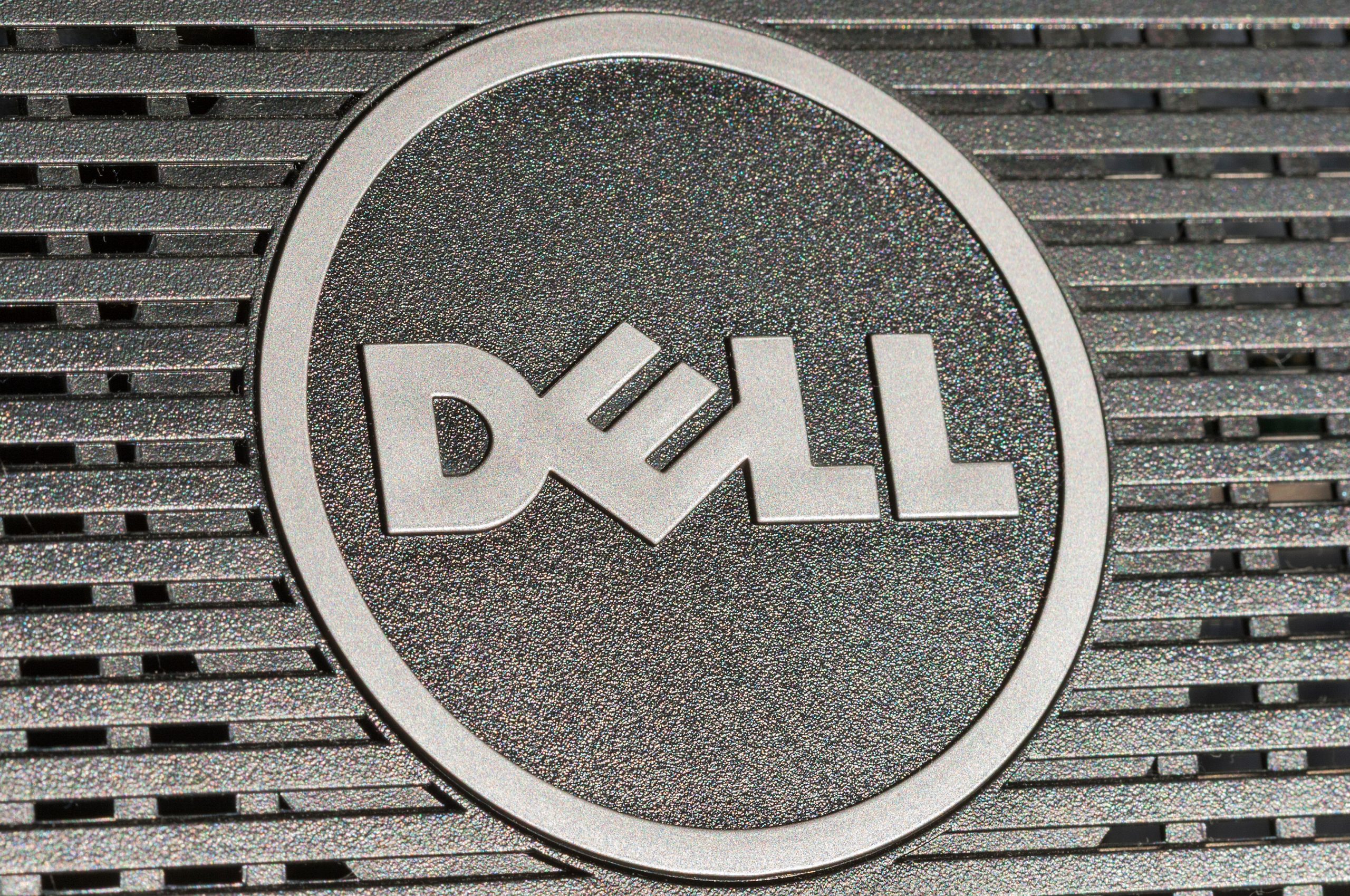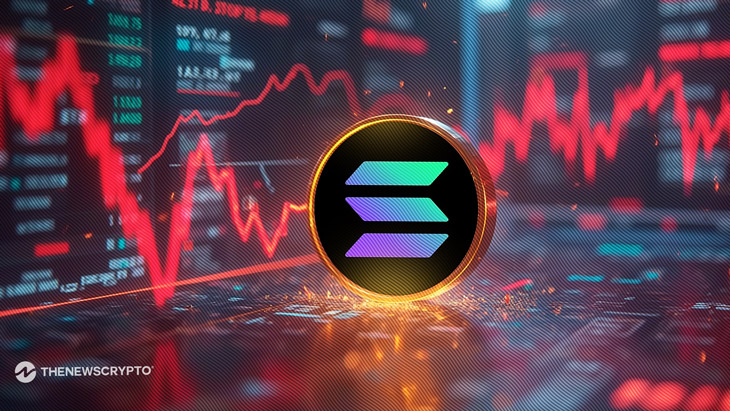Over the last two years, Nvidia (NASDAQ: NVDA) has become the gravity well for AI expectations. This ballooned Nvidia’s market cap to $3.15 trillion, with many smaller companies circling the big AI chip designer (TSMC builds them).
One of those companies is Dell Technologies (NYSE: DELL), Nvidia’s partner. Although Dell is smaller than Nvidia, the company has a strong household brand across laptops, monitors, printers, peripherals, PC accessories, servers, and storage solutions.
This diversification made Dell adept at the Just-in-Time (JIT) supply chain model, alongside having pioneered the Buy Direct model. Today, Dell ranks third in global PC shipments, just behind Lenovo and HP at 15.7% market share.
However, over the last decade, in particular, after the acquisition of EMC in 2016, Dell has moved beyond a PC vendor company into a full-stack IT solutions provider. At the time of the Dell/EMC merger, DELL stock was trading at around $14 per share.
Today, DELL shares are priced at $118, having returned 58% value year-to-date. But is Dell’s venture into AI as equally important as the historic $67 billion merger with EMC?
Dell’s Well Paved Road for the AI Boom
When Dell acquired EMC, the latter was already the market leader in enterprise storage solutions. By Q3 2023, Huawei overtook Dell EMC in the all-flash array (AFA) market, at 20% vs. 19% market share, respectively, per Gartner data.
Nonetheless, the acquisition bolstered Dell’s existing portfolio of servers and networking solutions, paving the road for the high-growth segment of cloud computing, big data analytics, and virtualization.
Dell became an end-to-end IT infrastructure provider, competing with Cisco (NASDAQ: CSCO), HP (NYSE: HP), and IBM (NYSE: IBM). This was the necessary milestone for the next step – AI infrastructure. The company revealed this step as the Dell AI Factory initiative at the Nvidia GTC conference in March.


Put simply, Dell AI Factory helps businesses adopt and scale AI products in a streamlined manner, owing to Dell’s comprehensive suite of services and tools. This support integrates servers, storage, networking and data protection. This would be akin to using FedEx’s integrated logistics to help businesses move goods in the non-tech world.
And although Dell partnered with Nvidia, the initiative is chip-agnostic, covering both Intel’s Gaudi 3 and AMD’s Instinct AI accelerators.
What Can Investors Expect from Dell’s AI Expansion?
During the last earnings call on November 26th for fiscal Q3 2025 (ending November 1st, 2024 so Q4), Dell’s Chief Operating Officer (COO) Jeffrey Clarke noted the following:
“In closing, AI is a robust opportunity for us in both ISG and CSG and interest in our portfolio is an all-time high with no signs of slowing down. That said, this business will not be linear, especially as customers navigate an underlying silicon road map that is changing,”
In other words, just as the market stumbled to adopt the internet technologies, leading to the dot-com bubble, the same can be expected of AI adoption. However, after that bubble popped in early 2000, companies with deep value propositions emerged as winners, such as Google (NASDAQ: GOOG), Microsoft (NASDAQ: MSFT), and Amazon (NASDAQ: AMZN).
By “winning deals at a price premium to our competition,” Dell appears to be aware of this dynamic and plans to emerge as the winner of the AI cycle. In the meantime, Dell’s Infrastructure Solutions Group (ISG) serves as the full-stack for AI deployment.
In the latest earnings report, the ISG division delivered $11.4 billion in revenue, up 34% year-over-year. Of that, server and networking revenue is up 58% to $7.4 billion. In contrast, Dell’s Client Solutions Group (CSG) division generated $12.1 billion in revenue, down 1% from the year-ago quarter. Combined, Dell’s revenue is up 13% to $23.5 billion.
The CSG performance is not surprising as it depends on PC hardware refresh cycles. This depends on the consumer’s discretionary income affected by the wider macro landscape. Nonetheless, Dell sees it beneficial that Windows 10 support ends next October.
This is a proxy for the PC refresh cycle as enterprises look to replace their aging hardware. In the interim, AI growth via ISG will likely more than offset potential quarterly CSG downturns. After all, Dell tracked record AI server orders this quarter to $3.6 billion, constituting pipeline growth over 50% “across all customer types”.
However, Dell is still optimistic about CSG revenue, expecting low single-digit growth figures rather than shortfalls.
Dell Stock Price Forecast
Having beaten earnings per share (EPS) forecast of $1.84 at $1.92, Dell expects fiscal Q4 2025 revenue to be higher by $0.5 to $1.5 billion, with ISG and CSG revenues growing by 13% combined. This would put Dell’s full-year EPS guidance to $7.81 (diluted non-GAAP), which would be 10% higher yoy.
Dell holds a price-to-earnings (P/E) ratio of 20.90. This is well under the S&P 500 IT sector P/E of 38.70, which is considered an expensive valuation.
Presently priced at $118.70, the average DELL stock price target is $152.96 per share, according to WSJ forecasting data. This would give investors a 30% value return. Given that the bottom DELL forecast is $115, it seems the present time frame is optimal for DELL exposure.
But considering Dell’s track record and the strategic acquisition move that prepared Dell for cloud computing and AI data centers, long-term investors should expect a much greater return of value.
As omnipresent as it is, do you think the Dell brand is too boring for new investors interested in the AI exposure? Let us know in the comments below.
Disclaimer: The author does not hold or have a position in any securities discussed in the article.










